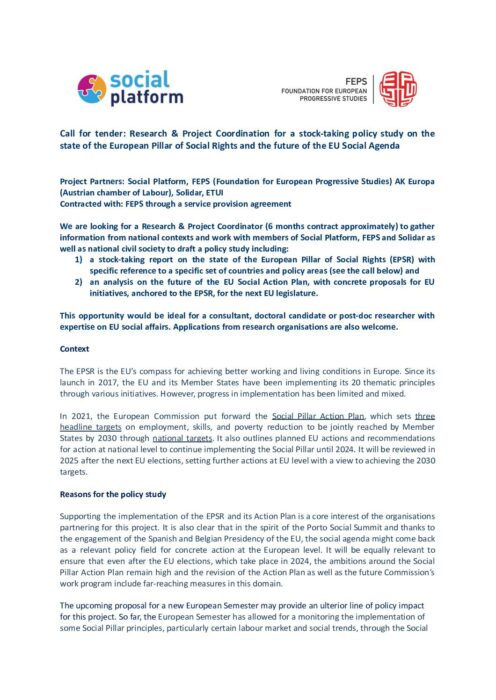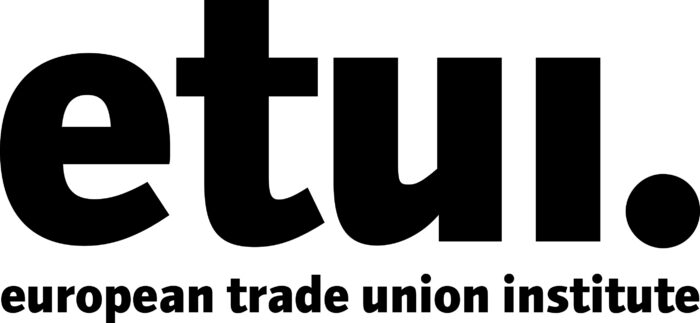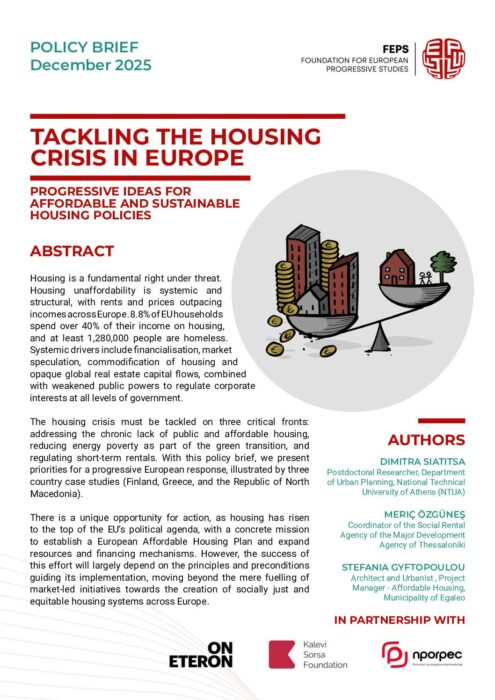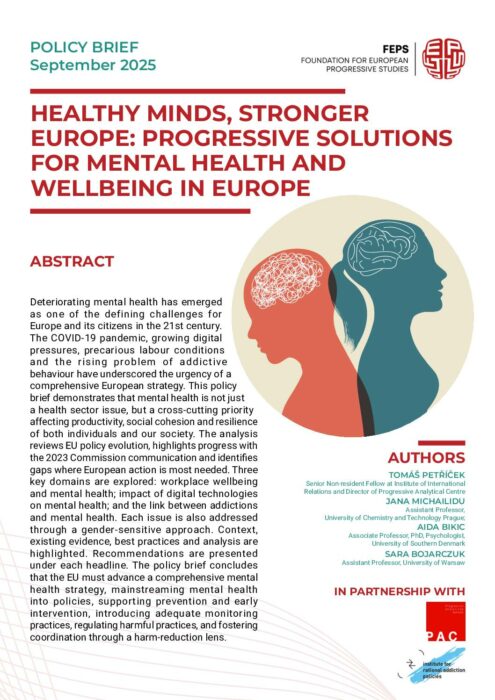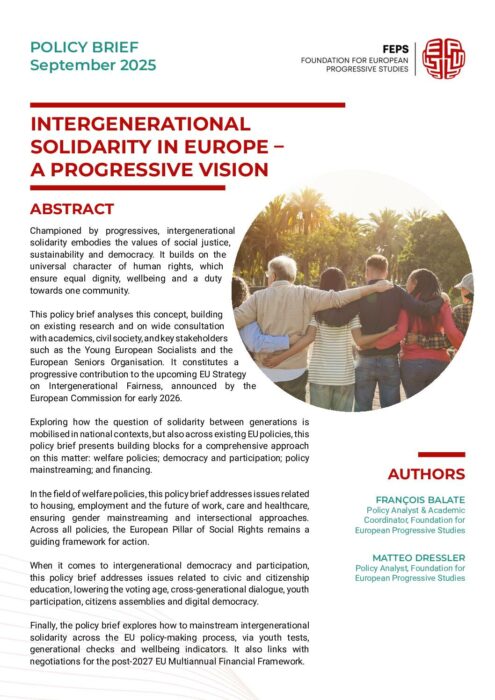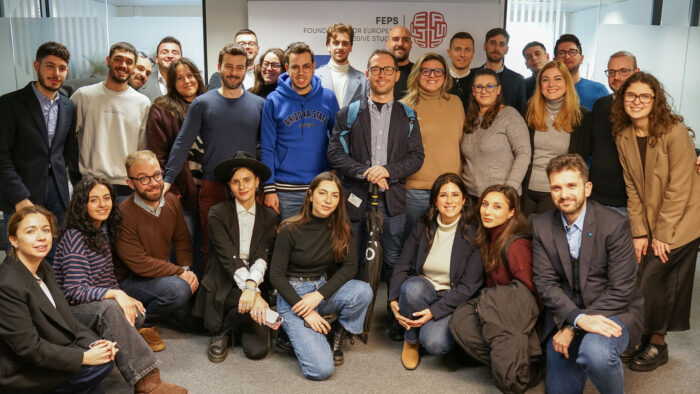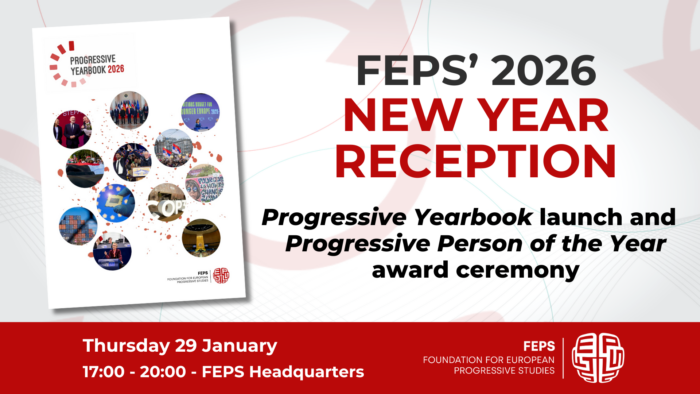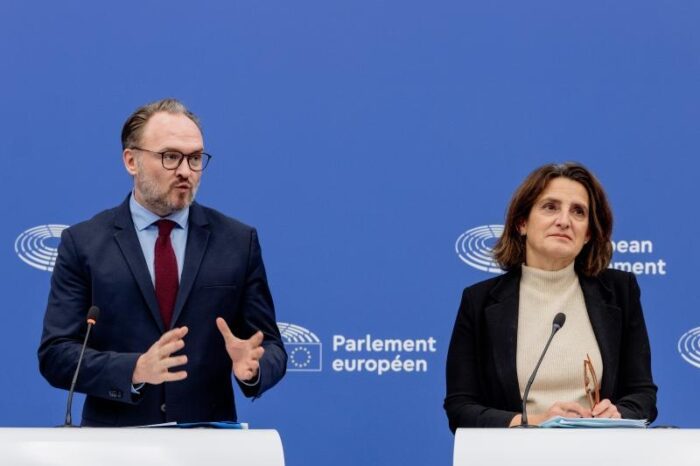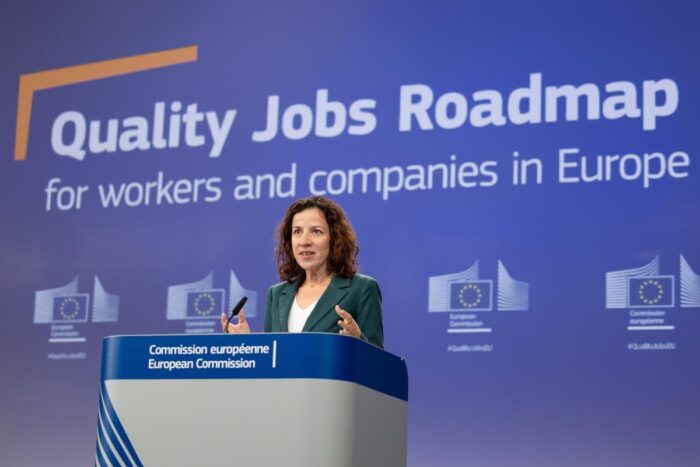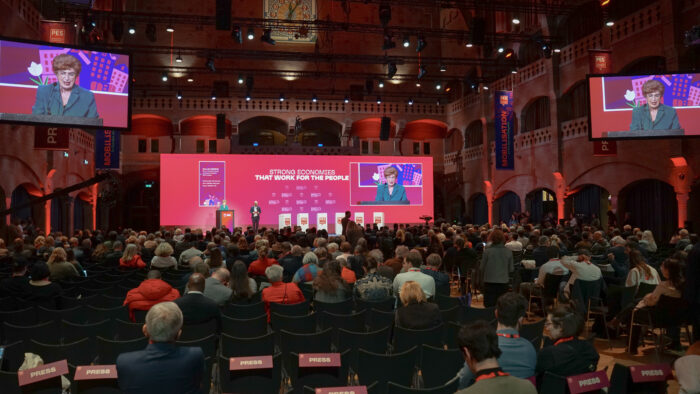Network
Find all related publications
Publications
Find all related events
Events
Past
03 - 04/02/2026
FEPS HQ
30/01/2026
FEPS HQ (Expert meeting)
29/01/2026
FEPS HQ
Load more...
Find all related news
News
Find all related in the media
In the media
Liberal democracy’s social, societal fabric under threat – Live from the EPC Annual Conference 2025
by EPC 08/12/2025
Von der Leyen promised an EU commissioner to tackle the housing crisis – what would be their remit?
by Euronews 13/08/2024
Socialistas europeos reclaman que la Europa social sea la prioridad de la futura Comisión
by EuroEFE 09/11/2023

